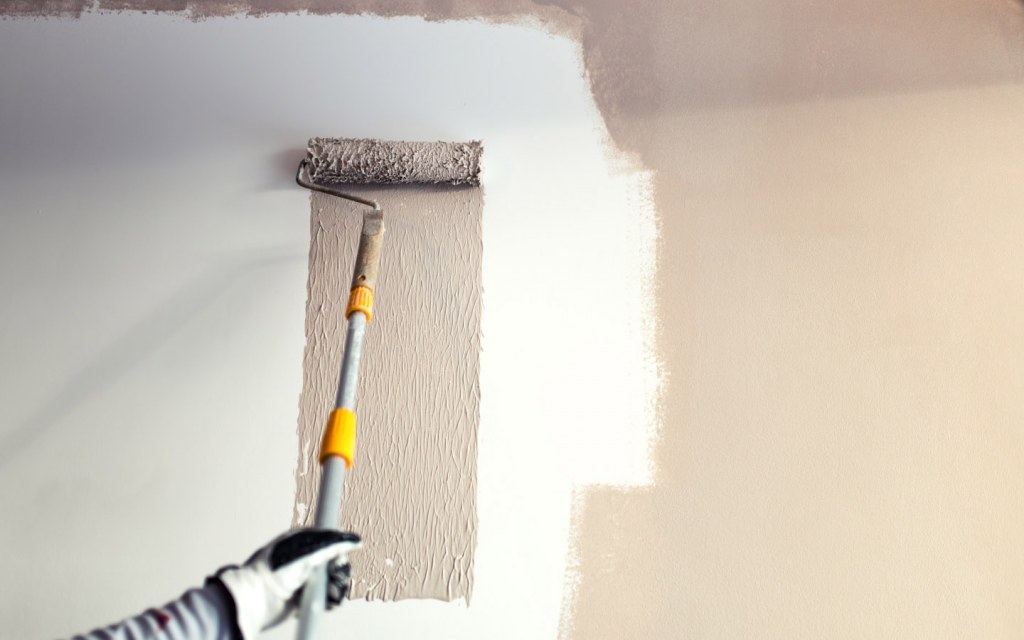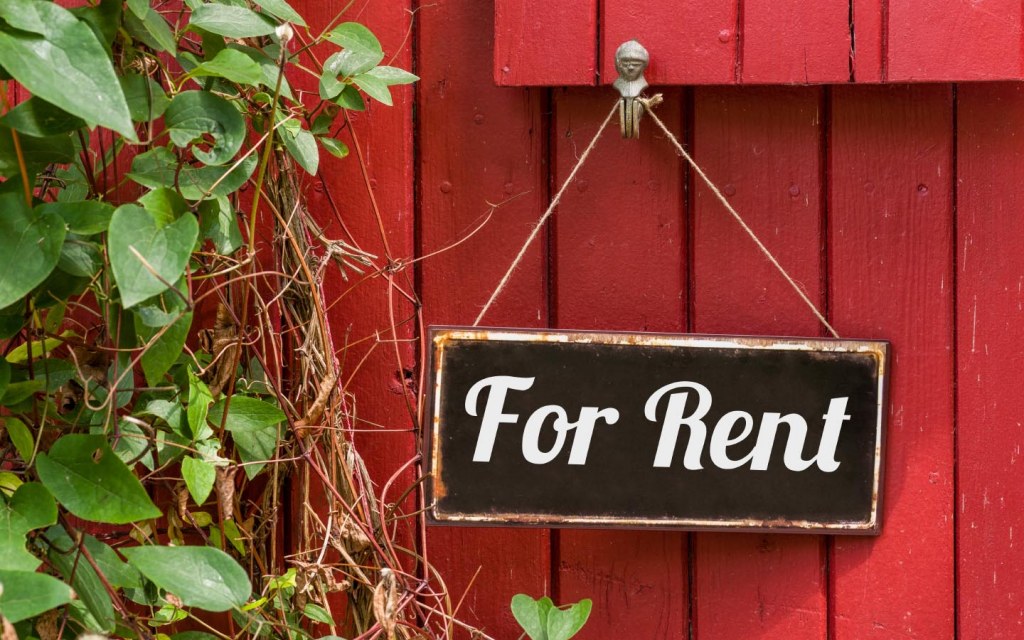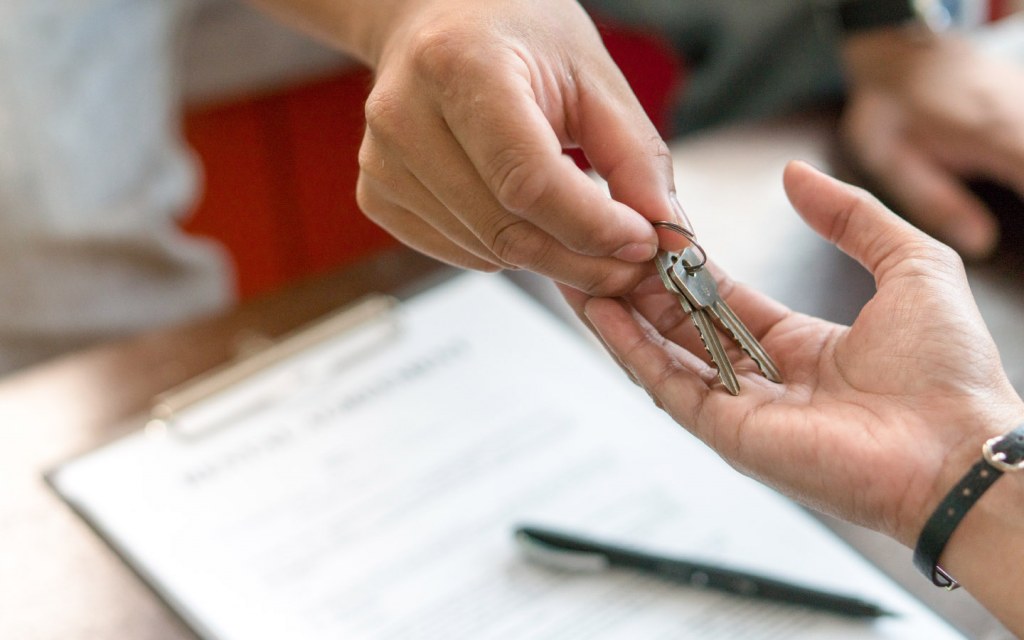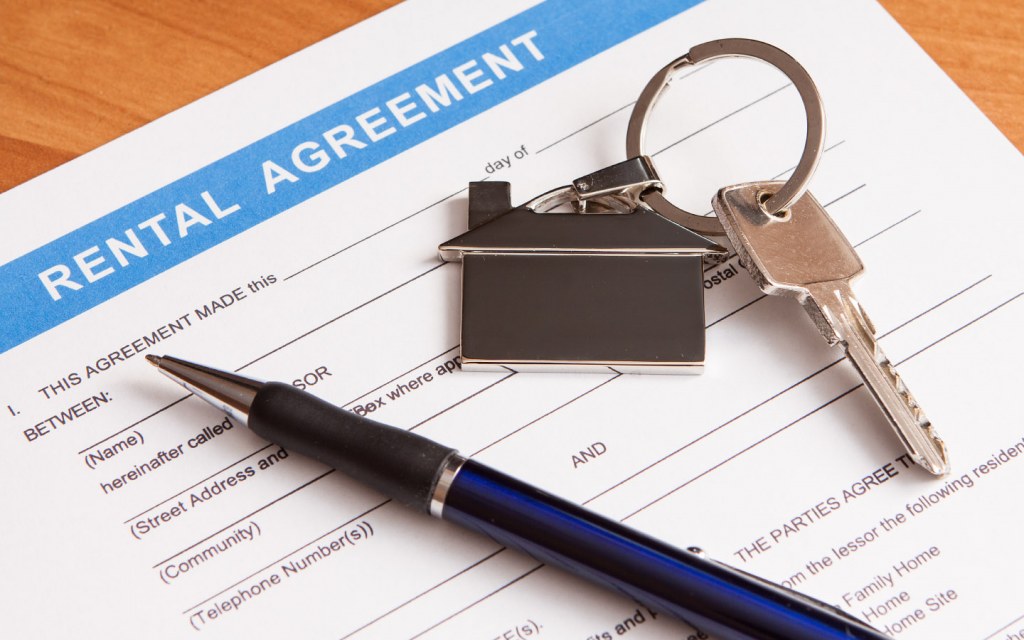Renting out your property is a great way of generating extra income. If you have vacant space, putting it up for rent allows you to earn money while maintaining ownership, which is a win-win situation! However, if you have never done it before, you might have some questions on how to go about finding tenants, determining rent and preparing a legal agreement among other things. Therefore, to make things easier for you, here’s a comprehensive guide on how to rent out your house that covers all of these queries and more.
Step-By-Step Guide on How to Rent Out Your House
Whether you are renting out a house for the first time or have done it before, here are the steps you should take to ensure a hassle-free property rental.
- Get your house ready for tenants
- Do market research
- List your house online or find a good agent
- Choose the right tenant
- Accompany tenant during the property inspection
- Protect your rights by preparing an agreement
Now that you know the steps for renting out a house, let’s discuss each of them in detail.
Get your House Ready for Tenants

The first step in this step-by-step guide to renting out your house is, of course, preparing your place for the new tenants.
Depending on how old your property is and how well you’ve maintained it, you might want to spend some cash on making it look spotless and elegant. This may include a fresh coat of paint, fixing pipe leaks to prevent water damage, treating mould or termite infestation, doing some landscaping around the house and having an electrician giving it a once over. In case your house has a parking area or a garage, get it cleaned as well.
To put it simply, you need to make your house look as presentable as possible to attract more tenants. If possible, also consider renting out your property with furniture, as furnished rentals usually go for a higher price than the non-furnished ones. However, if you choose this option, make sure to list every single thing present inside the house in your agreement to avoid any damage to your furniture. The same goes for appliances, such as electric or gas ovens, microwaves, washing machines and even fans and light bulbs.
Conduct Market Research

Conducting a market survey, either physically or online, is how you’ll get to know what price you must set for your home. The rental demand in your area will give you a fair idea of how much you should charge your tenant. However, be realistic about the rent based on the condition of your property, its location, the available amenities and facilities. Since you’ll have to pay taxes on whatever you earn by renting out your house, make sure to factor that in while deciding the price.
For this purpose, you can either visit a few houses that are up for rent or use an even better and time-efficient approach by going through online sources such as Zameen.com, which happens to be the top real estate portal in Pakistan. This will not only tell you how much other homeowners are making through their property but also help you figure out the amenities and facilities that you can offer to get a higher price.
List Your House Online or Find a Good Agent

If you want to rent out your house fast, there are two ways to go about it.
You can either rent out your house with an agent or list it on an online real estate portal. If you plan on choosing a real estate agent to rent out a house to tenants, make sure to look at different options and then select one based on their reputation, the service they offer and the amount they charge. You can also take a look at some of the warning signs that can help you recognize bad real estate agents.
However, since people nowadays mostly rely on the internet instead of browsing through newspaper ads for rentals, listing your house on a leading real estate portal such as Zameen.com will give it more exposure.
There are a few things you must mention in your rental listing, such the covered area and size of the house, it’s location, if it’s a west or east open house, the number of bedrooms, total bathrooms and if it’s fully or partially furnished. It’s also important to include high quality photos of the property in the listing. You should also discuss the available amenities, nearby parks and schools, access to public transport and the main road, security system and other factors are worth noticing and might help you get a better price.
Choose the Right Tenant

For most homeowners, finding the right tenant is perhaps the biggest concern.
Whether you rent out a house without an agent or with one, make sure to inquire about the living style of your prospective tenant. You can ask about their profession, the total number of members in their family, their ages and the reason they are leaving their current home. You should also ask about the guarantor and their relation with the tenant. Conducting a background search will give you a fair idea if a person won’t give you any trouble in the future and pay their monthly rent on time without delay.
Properly screening and vetting your tenants can not only save you from hassle but can also help you avoid any monetary loss or property damage. You can also for references if needed.
Since people usually schedule a visit to see the property themselves before making any decision, it’s an ideal time for the homeowner to have one-on-one interaction with their prospective tenant.
In order to establish a good relationship with tenants, it’s important for a landlord to facilitate them as best as they can. Here are a few common reasons why tenants move out of rentals, so make sure to avoid making these mistakes while renting out a house for the first time.
Accompany Tenant during Property Inspection

The home inspection is one of the most important parts of renting out your house.
If a prospective tenant likes your property and wants to sign a rental agreement, they will most likely want to carry out a detailed property inspection before paying the security deposit. So, it’s always recommended for landlords to accompany their tenant and answer their questions during the inspection in order to avoid any future problems.
Generally, an inspection checklist for rental properties includes taking a look at the painted surfaces, electrical outlets, light fixtures, doors and locks, flooring, ventilation and airflow, water damage, gas and water supply, plumbing and general cleanliness among other things.
A potential tenant might also want to take a walk around the neighbourhood to see how safe it is. If your property is located near a playground or school, a prospective tenant might also ask about noise pollution and the traffic situation in the area.
It’s always best to be as honest about such things as possible, especially if you want to build a nice work relationship with the people who’ll soon move into your house.
Protect your Rights by Preparing an Agreement

This is the most important step in this guide to renting your house. Once you’ve found the right tenant, negotiated the monthly rent and fixed the amount for the security deposit, you have to prepare a rental agreement that protects your rights as a landlord.
According to the Pakistan Real Estate Landlord and Tenant Law, landlords and tenants are free to negotiate the monthly rents. Although a tenancy agreement can be made for any period of time, depending on both parties, it needs to be registered under the Registration Act, 1908, section 17 if the period exceeds that of one year.
Generally, a tenancy agreement includes the names and contact details of both the landlord and the tenant, the period of tenancy they have both agreed on, a description of the rental property, the monthly rent, the amount of security deposit, monthly due date, mode of payment, bank account details, rate of annual rate increases and the advance amount paid by the tenant.
On the other hand, if you are looking to rent a house, don’t forget to take a look at our guide on how to avoid common mistakes that renters usually make.
Moreover, you can also check out tips on finding a good landlord to sign a rental agreement with. Also, if you’re shifting to a new home, use this moving-out checklist for tenants to make sure the property is returned to its owner in the right state.
If you have any questions regarding the topic or want to share your suggestions, feel free to drop us an email at blog@zameen.com. To learn more effective property management and different property taxes in Pakistan, stay tuned to Zameen Blog, the top real estate blog in Pakistan. You can also subscribe to our newsletter on the right to stay updated about what’s going on in the real estate market.



